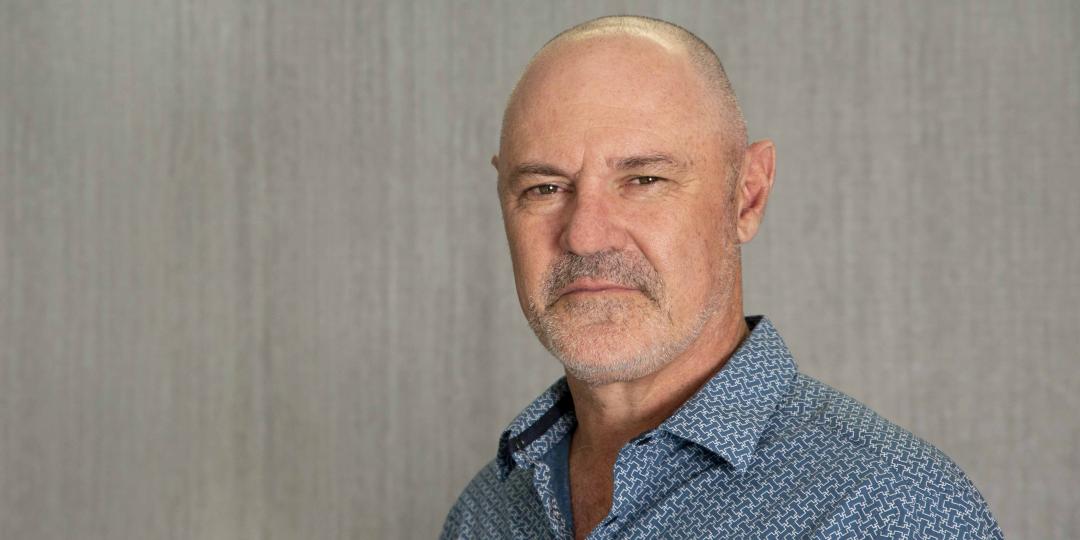The time for excuses by an “out of touch” government unwilling to make decisive choices for the greater good of South Africa’s economy is over. South Africa’s future competiveness depends on streamlining processes like visas, which will stimulate key growth sectors – such as tourism – and create jobs.
These hard-hitting words from SATSA CEO, David Frost, were echoed by other key industry players in response to the visa delays and denials highlighted by readers who participated in Tourism Update’s visa survey.
Industry associations such as SATSA, the Tourism Business Council of South Africa (TBCSA) and FEDHASA have long been vocal about the lack of urgency and efficiency in issuing visas and e-visas being a major barrier to tourism growth.
Tourism Update launched the informal survey as a call to readers to share their personal stories of how their bookings had been impacted by what Frost says is a culture of intransigent bureaucracy with no acknowledgement that there is a problem that needs to be remedied.
The survey revealed that 71.4% of respondents had lost bookings due to delays on the issuing of visas, including e-visas, and 57.1% said they had lost bookings due to visas being declined.
Marc Wachsberger, CEO of The Capital Hotels, Apartments & Resorts told Tourism Update: “Our clients say that they have experienced significant delays, particularly during the last quarter, our busiest period of the year. Bookings for extended stays – ranging from corporate clients to families seeking an authentic South African vacation – have taken a knock and we’ve also seen cancellations due to uncertainty of visa outcomes.
“No one communicates with clients nearing their travel dates, which leads to them becoming understandably nervous and then cancelling their trips.”
Critical intervention needed
He suggested that critical intervention was now needed from President Cyril Ramaphosa. “The entire country is experiencing repercussions of basic inefficiency, resulting in missed opportunities and economic impact. The visa issue is pervasive across all sectors, underscoring the need for urgent and comprehensive resolution.”
Frost agreed, noting that, as stakeholders in this country's future, the tourism sector must demand better. “Government must be transparent, efficient and responsive to achieve lasting prosperity. The time for excuses is over and it is imperative that we see change to prevent further loss of tourism revenue and ensure that access into South Africa is made easier.”
He said the ongoing visa issue spoke of a troubling pattern of an administration not held accountable. “We face a situation where departments lack the ability to streamline processes and remove barriers that hinder our economy's growth.
“The tourism industry must be part of the discussion as we have the knowledge and insight to do this better. Our long-haul competitor, Australia, does this effortlessly,” Frost added.
National Chairperson of hospitality association FEDHASA, Rosemary Anderson, also expressed concern about South Africa losing tourists to other countries due to visa inefficiencies – an issue highlighted last year by founder and MD of Alpha Destinations, Angela Matthews.
She had shared her first-hand experience of one of her Mexican clients almost having to cancel their family holiday to South Africa in December because a visa had been denied and while she couldn’t quantify how many bookings had been lost, she believed it was a significant number.
Wachsberger highlighted: “Our clients from regions like China, the Middle East and Australia report that approval can sometimes take up to four months with little to no communication on the progress of the application.
“What’s worse is that often applicants get their visa denied without clear explanations as to why. These inconsistencies are not only frustrating, but they’re also making it that much harder for the industry to perform at its maximum potential.”
‘Defies logic’
Anderson said it “defies logic” that South Africa spends millions hosting BRICS conferences for its closest partners yet makes it exceedingly difficult for citizens of the two largest BRIC partners – India and China – to visit South Africa.
“International tourism brings much-needed foreign exchange, which our economy desperately requires. While we impose barriers to travel, other countries actively welcome visitors from these two powerhouses by making access easy.”
Anderson added that what was equally frustrating was the lack of a digital nomad visa, when neighbouring countries had implemented them and many other global destinations had capitalised on this lucrative market.
The facts speak for themselves. “Mexico currently leads the world in attracting digital nomads. This growing community of remote workers represents the 38th-largest economy globally based on per capita income. The average digital nomad spends approximately R37 000 (€1 790) per month while residing in a country.”
Anderson commented that it was counterproductive when the government called on businesses to create jobs, while their own regulations damaged and prevented employment growth in tourism.
“We need policies that encourage, not hinder, tourism and foreign investment. Streamlining visas and adopting digital nomad programmes would demonstrate South Africa is open for opportunity. The time has come for decisive action to reform restrictive bureaucracy and unleash our nation’s full potential.”























